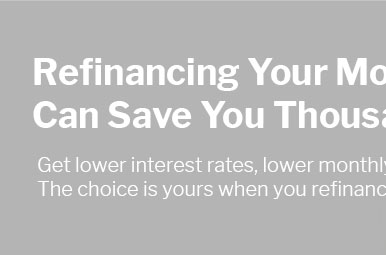 |
 |
 |
 |
|---|
 |
||
|---|---|---|
 |
||
 |
||
 |
||
 |
||
 |
 |
 |
 |
 |
 |
|
Unlock the financial freedom you've been dreaming of with our unbeatable current 20-year mortgage rates, designed to slash your monthly payments and put you on the fast track to owning your home outright; seize this rare opportunity to refinance your mortgage and watch your savings soar, while gaining peace of mind knowing you've made a smart, future-proof investment-because when it comes to your financial future, settling for anything less than extraordinary simply isn't an option.
https://www.pennymac.com/rates
Personalize your rate ; 15 Year Fixed. $2,952 - 5.990% ; 20 Year Fixed. $2,584 - 6.375% ; 30 Year Fixed. $2,299 - 6.875%. https://www.mortgagenewsdaily.com/mortgage-rates
View today's current mortgage rates with our national average ... Refinance. Loan Term. 10 Yr Fixed, 15 Yr Fixed, 20 Yr Fixed, 30 Yr Fixed ... https://www.mortgagecalculator.org/mortgage-rates/20-year.php
For example, a 30 year fixed loan may be available at 4%, a 20 year at 3.75%, a 15 year at 3.50% and a 10 year at 3.25%. These rates continually fluctuate but ...
|
|---|